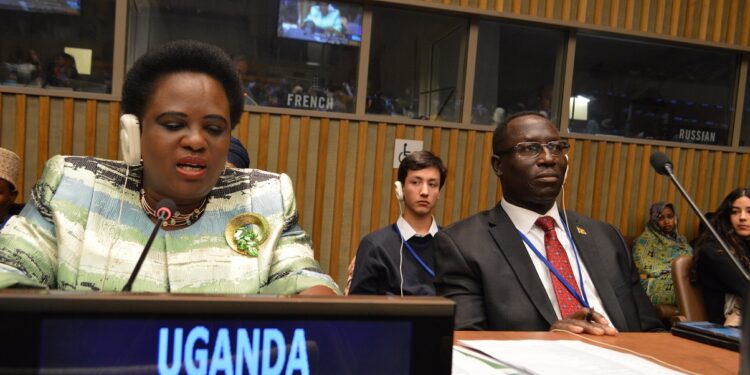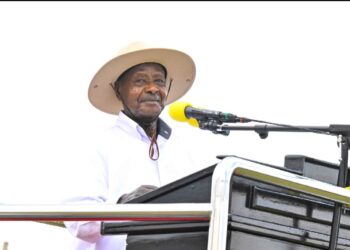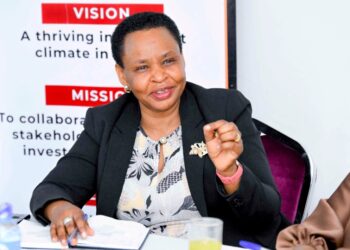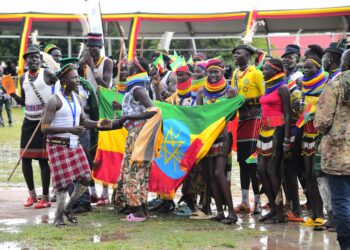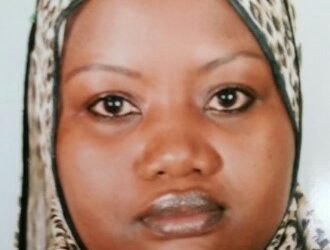New York- The low access to digitalized services and technology among women and girls is an impediment to their growth and development, and presents a development challenge that needs to be tackled by all Governments.
This was an observation made by the Minister for Gender, Labour and Social Development, Hon. Amongi Betty Ongom while delivering the Government of Uganda statement during the general assembly at the ongoing 67th session of the Commission on the Status of Women (CSW) at the United Nations headquarters in New York, USA on Monday.
“The reality is that women are currently 18% less likely than men to own a smartphone, impacting women’s access to and use of mobile money services,” She said, adding that this not only excludes women and girls from the digital footprint but also other core services such as online government services, e-commerce, online education, online health solutions and online public services.
She noted that in Uganda, network access in the rural areas still stands at a paltry 40% with the cost of internet being high at $70/MBs/month while the schools have limited access to E-education technologies including computers, electricity, internet and teachers.
She emphasized that digital technologies provide opportunities for greater access to information, education and skills and open possibilities for increased employment and business opportunities.
“Digital access can also help raise women’s and girls’ awareness of their rights, increase their civic engagement and expression of ideas and opinions, their participation in creative and cultural practices, leisure and in connecting with peers.” The Minister noted.
She revealed that over the next five years, the Government of Uganda will be focusing on: expanding ICT coverage from the current 23% to support service delivery through E- Government; reducing the costs of internet which prohibits usage by the most vulnerable groups especially women and girls and promoting gender responsive ICT Infrastructure development that supports innovations and education.
Other interventions will revolve around: supporting innovation based on indigenous knowledge in medicine and appropriate technology in agriculture, rainwater harvesting and irrigation; promoting the utilization of digital platforms in business, marketing and trade in particular taking advantage of the regional markets under the East African Community, COMESA and the African Continental Free Trade Area (AfCFTA) and counteracting cyber violence and economic exploitation of women and girls.
The 67th session of the CSW is running under the priority theme: “Innovation and Technological Change, and Education in the Digital Age for Achieving Gender Equality and the Empowerment of all Women and Girls.”
The session started in 6th March, 2023 and will be closing on 17th March 2023.
Do you have a story in your community or an opinion to share with us: Email us at editorial@watchdoguganda.com

